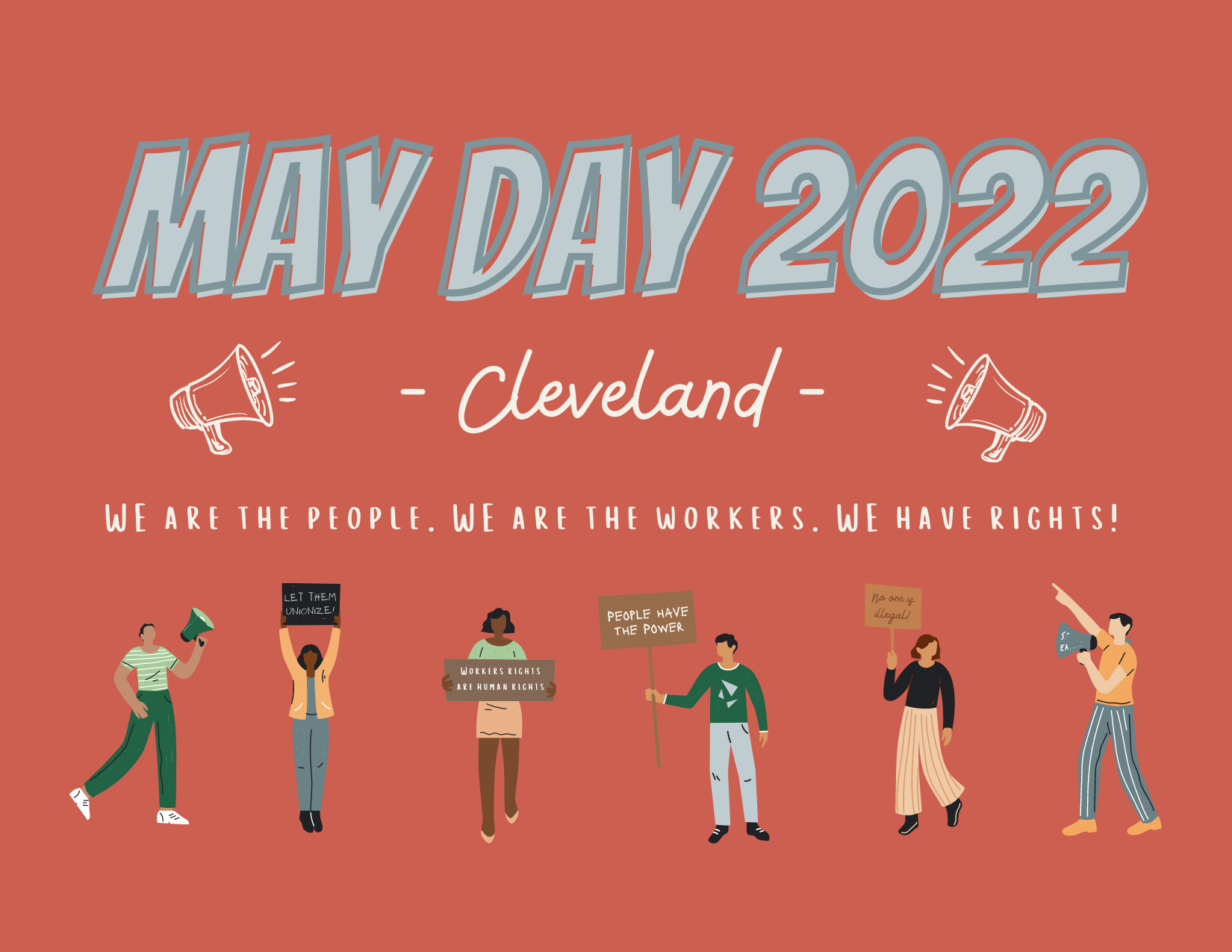Five human rights groups reported Wednesday there have been complaints of at least 338 violations of human rights during El Salvador's massive arrests of suspected gang members. The most frequently cited abuse was arbitrary arrest, as well as illegal searches of homes, injuries, robbery and the death of a detainee. The roundups, begun in late March after a spike in homicides, have resulted in the arrest of over 24,000 presumed gang members.
- Home
- About Us
- Issues
- Countries
- Rapid Response Network
- Young Adults
- Get Involved
- Calendar
- Donate
- Blog

